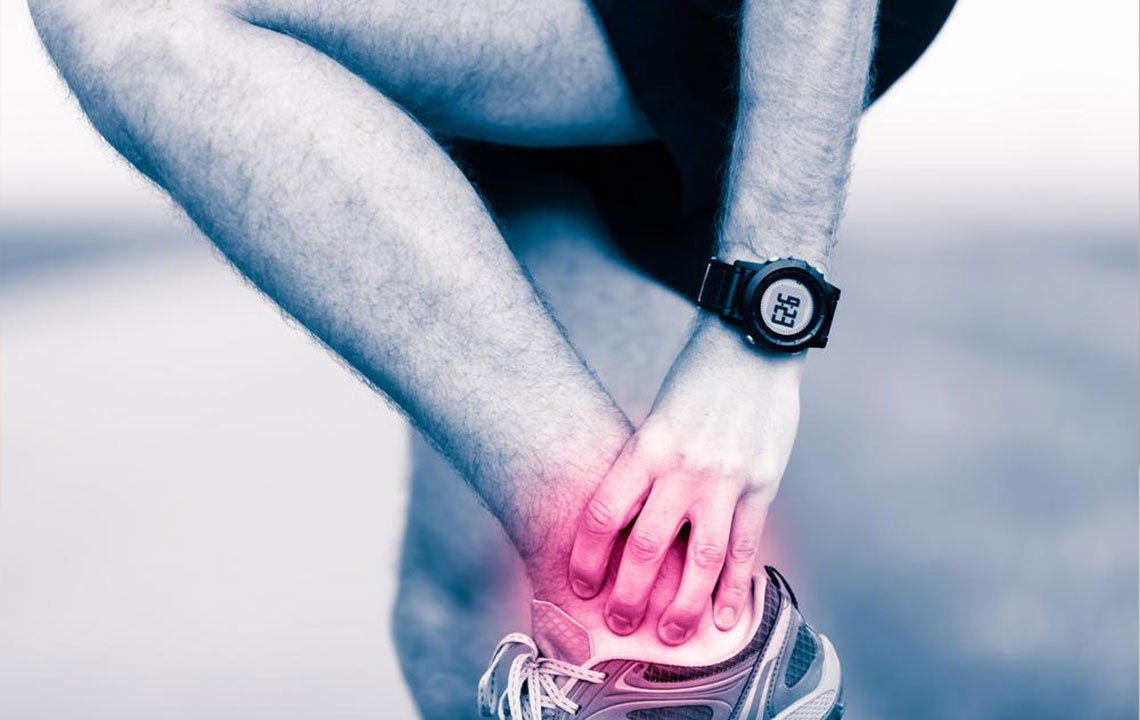8 Factors That Cause Foot Pain
Not all kinds of foot pain are caused by problems with the feet. Instead, it may be caused by back issues. Thus, to understand what triggers foot pain symptoms, one must have a good understanding of the lower body anatomy and physiology. Another common cause of foot pain symptoms is wearing improper footwear.
Let’s take a closer look at some of these triggers:
- Lumbar spinal stenosis
This is a condition that affects the spinal nerves in the lower back.

This is also a lower back condition that causes one vertebra to slip over another. Thus, it compromises the spinal alignment and can pinch the nerve endings. As a result of this, pain travels through the nerves to the foot and is recognized as one of the foot pain symptoms. Treatment for foot pain caused by this condition may involve surgical and non-surgical methods.
The plantar fascia refers to a thin ligament that connects the front of the foot to the heel. It also supports the arch and aids in walking by acting as a shock absorber. Any damage or ligament tear caused by putting too much pressure on the foot can trigger foot pain symptoms such as pain in the heels and stiffness. It can be treated with medication and physical therapy.
Our muscles and bones are connected to each other through tendons. Repetitive motions can often inflame the tendons and cause a condition known as tendinitis. Foot pain symptoms caused by this condition may be accompanied by localized tenderness and swelling. This can be extremely painful but can be treated with simple home remedies and by wearing a brace to help distribute pressure evenly.
People who enjoy physical activities and sports are at a risk of spraining their ankles or straining one of the muscles of the foot or calf. Sprains typically affect the joints and ligaments that connect one bone to another. On the other hand, strains affect the tendons and muscles. Physical therapy and hot or cold therapy is ideal to relieve foot pain symptoms caused by a sprain or strain.
Foot pain symptoms such as inflammation that accompanies pain can be caused by arthritis. There are two types of arthritis – osteoarthritis and rheumatoid arthritis. Foot pain caused by either of these conditions can develop overnight or increase gradually. There is no cure for these conditions, but with medication, the pain can be controlled.
Sometimes, you may experience foot pain but cannot determine the factors triggering it. If it is accompanied by fatigue, tenderness, and depression, it may be caused by a condition known as fibromyalgia. Women are at a higher risk of suffering from this condition. Though it cannot be cured, with medication, the pain can be brought under control so as not to let it affect the quality of your life.
Wearing high heels for long periods of time or shoes that do not fit well can also contribute towards foot pain. Wearing shoes not suited to sports or such an action could cause blisters and athlete’s foot, both of which cause foot pain. In the long run, it could also cause calluses, bunions and irritate the joints and nerves, which in turn could lead to the development of deformities.
Foot pain is not something that should be ignored, especially if it begins to affect your daily routine. Seek medical attention if the pain persists for more than a few days or if you begin to experience a loss of functioning or changes in sensation. Change of color in the skin around your toenails or persistent tenderness and a difficulty moving the feet in a particular way are other symptoms that you should look out for. By physically examining your foot and by referring to X-rays and MRI results, a doctor will be able to determine the cause of your foot pain and the best form of treatment for it.
There are some things you can do at home to relieve foot pain. Alternating between hot and cold packs is an efficient way of speeding up the healing process and easing the pain. Changing the way you exercise could also help ease the pain in the foot. Instead of going for a run, try cycling or swimming to reduce the pressure on your feet. Also, give your feet a little extra support by using gel cushions and heel pads in your shoes. If you play sports such as basketball or badminton, consider replacing your sports shoes every six months. Most importantly, rest your foot.